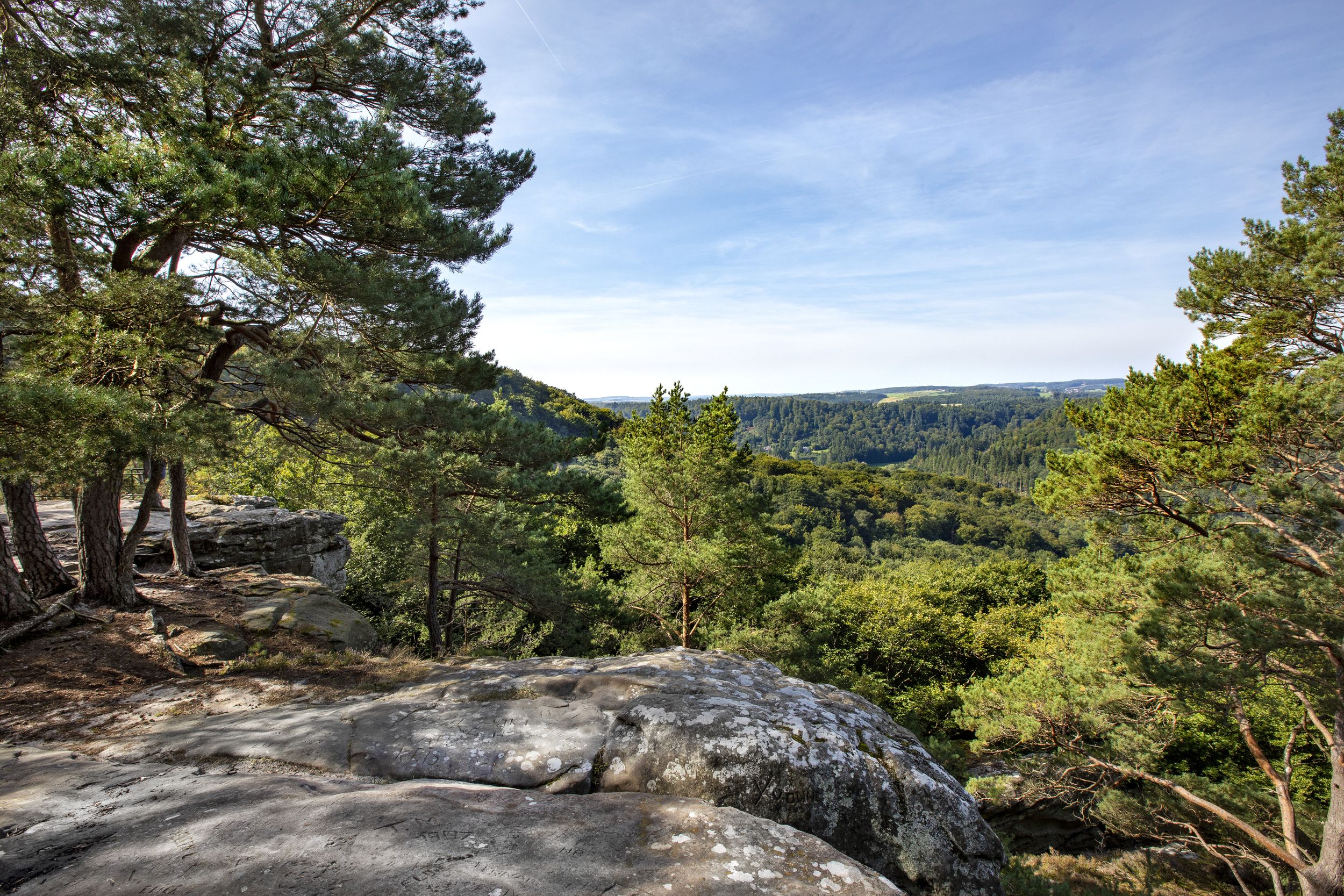The importance of UNESCO for our environment : protecting, preserving and promoting the world's cultural heritage
UNESCO (United Nations Educational, Scientific and Cultural Organisation) is a specialised agency of the United Nations that was founded in 1945. Its main objective is to promote peace and security through international co-operation in the fields of education, science and culture. The organisation works to deepen understanding between different cultures, improve access to education worldwide and promote appreciation of nature and cultural heritage.
What is UNESCO?
UNESCO acts as a global forum for the exchange of ideas and knowledge. Its activities cover a wide range of topics, including education, science, culture, communication and information exchange. The organisation promotes international cooperation to address global challenges and promote sustainable development.
The cornerstones of UNESCO
Education: UNESCO is committed to high-quality education for all people around the world. It develops educational standards, promotes access to education and supports literacy programmes.
Science: The organisation promotes scientific cooperation and the exchange of research findings in order to tackle common challenges such as climate change and sustainable development.
Culture: UNESCO protects and promotes the cultural heritage of humanity. This includes historical sites, traditions, works of art and languages that are an integral part of humanity's diversity.
Why is UNESCO important for our environment?
The importance of UNESCO for our environment is multifaceted and includes:
Protecting natural heritage: UNESCO plays a crucial role in protecting natural treasures by designating certain places as World Heritage Sites. These areas, be they national parks, biosphere reserves or natural monuments, are considered to be of exceptional importance to humanity and are subject to special protection measures.
Climate change and sustainable development: Through its science and education programmes, UNESCO is helping to deepen understanding of climate change and promote solutions for sustainable development. This includes the promotion of renewable energies, the protection of ecosystems and adaptation to the effects of climate change.
Cultural dimension of the environment: UNESCO emphasises the close link between culture and the environment. Cultural heritage, whether tangible or intangible, is not only a reflection of history, but also a key to sustainable development. The organisation promotes the respectful treatment of nature in different cultures and thus contributes to the preservation of the environment.
Overall, UNESCO plays a crucial role in supporting the global community in its endeavours to achieve sustainable development and protect our environment. Through education, scientific co-operation and the protection of cultural heritage, UNESCO creates a foundation for a better future for generations to come.


